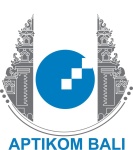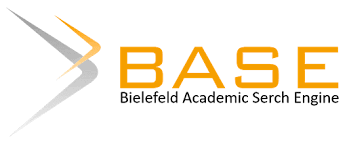PEMANFAATAN DAN PENDAMPINGAN PEMBUATAN QR CODE DAN FACEBOOK MARKETPLACE SEBAGAI MEDIA PROMOSI WISATA DI DESA APUAN SUSUT BANGLI
DOI:
https://doi.org/10.59819/sewagati.v2i2.3436Keywords:
QR Code, Facebook Marketplace, Apuan VillageAbstract
The purpose of this service activity is to develop the potential of tourist destinations in Apuan village by utilising information technology-based local wisdom, which empowers the potential of the community in increasing family income through increasing creative economic businesses supporting tourist destinations. While the specific target of this service activity, namely in the development of tourism destination promotion. This activity was carried out for 1 (one) month, with several stages of activities in the implementation of this Community Service (PKM), including: (1) initial evaluation; (2) group formation; (3) QR-Code making training; (4) Facebook Marketplace making training; (5) business management assistance; (6) final evaluation, and (7) special monitoring for sustainability. The activities have been implemented, and the village community has begun to utilise Facebook Marketplace as a medium for digital-based tourism promotion.
Downloads
Downloads
Published
Issue
Section
License
Authors who publish with the Jurnal Sewagti agree to the following terms:
1. Authors retain copyright and grant the journal the right of first publication with the work simultaneously licensed under a Creative Commons Attribution License (CC BY-SA 4.0) that allows others to share the work with an acknowledgment of the work's authorship and initial publication in this journal.
2. Authors are able to enter into separate, additional contractual arrangements for the non-exclusive distribution of the journal's published version of the work (e.g., post it to an institutional repository or publish it in a book), with an acknowledgment of its initial publication in this journal.
3. Authors are permitted and encouraged to post their work online (e.g., in institutional repositories or on their website) prior to and during the submission process, as it can lead to productive exchanges, as well as earlier and greater citation of published work. (See The Effect of Open Access) .




















